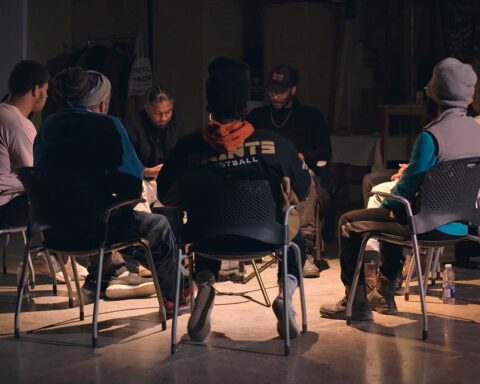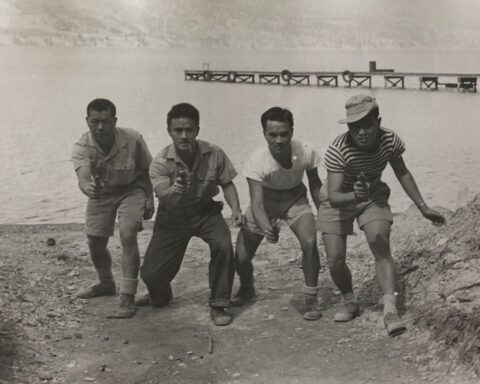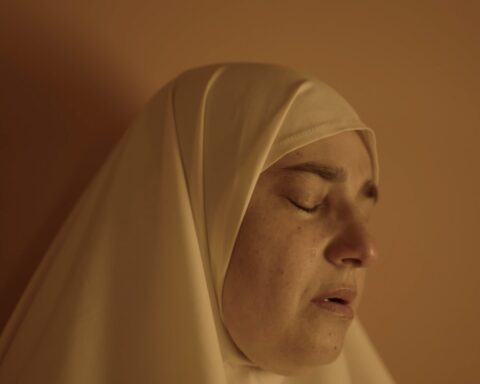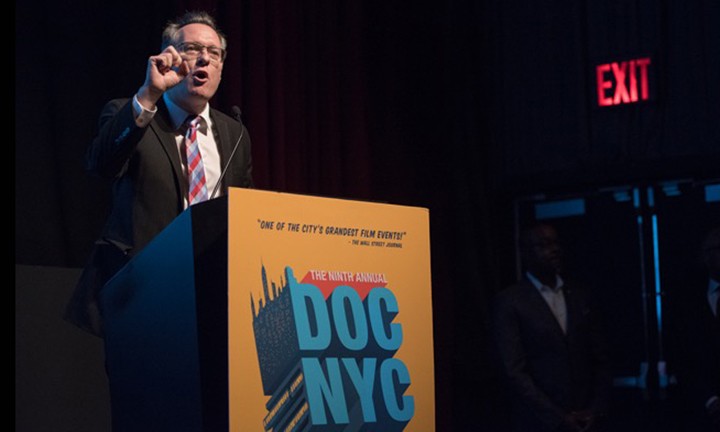Love Boat: Taiwan
(Taiwan/USA, 60 min.)
Dir. Valerie Soe
In 1967, the government of Taiwan created a particularly interesting program to bring second-generation Chinese and Taiwanese young people from around the world back to Taiwan for a six-week cultural immersion program—the Overseas Compatriot Youth Formosa Study Tour, better known, for reasons later revealed, as the Love Boat.
In Love Boat: Taiwan, Valerie Soe, a Love Boat alumna herself, details the history of the tour. She paints a multifaceted picture of an establishment that is well-know among diasporic Taiwanese communities, but has yet to be documented for all audiences to see. The documentary offers approachable insights into the complexities of Taiwanese identities and into broader contemporary discussions of identity within the Asian diaspora.
The program was implemented by the government and offered ethnically Chinese/Taiwanese diaspora youth, predominantly from the US and Canada, a 6-week subsidized trip around Taiwan, ostensibly to rediscover and learn about Chinese language and culture. Dr. Jeanne Li, former Chairperson of program, remarks in the film, “We believe that when a Chinese person moves overseas, their appearance is still Chinese, but they know little about their culture. That’s why we call them ‘bananas.’ Yellow on the outside, white on the inside…we want them to learn Chinese…Chinese culture, Chinese Art, and Chinese folk culture. The third and most important goal, is to build friendships.”
The tour, having been introduced when Taiwan was ruled by an authoritarian Nationalist regime, also had an underlying motive: cultivating support for the Nationalist cause within the Chinese diaspora. As Love Boat: Taiwan uncovers, things didn’t exactly unfold according to the Nationalists’ plans. The annual summer camp became a cultural hotbed for partying and hookups, thus the nickname “Love Boat.” As one Love Boat alumnus says, “All I knew is that for 400 dollars plus airfare, you can have a six-week vacation in Taiwan…but there is no boat – it’s just a place where you hook up and party.”
Subsequently, the film shows how the ‘cultural immersion’ tour became increasingly popular. Teens looking for a good time, or a chance to be the cool kids for once, strive for spots on the list, while their encouraging parents saw Love Boat as an opportunity to ensure their children would find ethnically Chinese partners.
What emerges is an intriguing snapshot of diasporic Asian identity. Love Boat participants speak of coming back with a stronger sense of identity as well as a sense of belonging after meeting other Taiwanese or Chinese youths who also grew up outside of Taiwan and China. One Love Boat alumna, who actually met her husband at Love Boat, says, “Growing up outside, you feel all these conflicting identities. You’re not Taiwanese and you’re not American. But now I feel there is no conflict. Now I feel proud to be Taiwanese-American, and I think a big part of this was Love Boat.” Another says, “It was an attempt to be a cultural program. And, yeah, I know more about Taiwan and I appreciate the culture more….but it was all through like partying.“
Soe’s documentary benefits not only from her personal connection to Love Boat, and the director herself appears in the film, but it also features a wide range of interviews with Love Boat participants. The cast dates back to a survivor from the first Love Boat ever and reaches participants as recent as the 2013 program.
Many of the interviews are humorous, as Love Boat participants reflect on their youthful happenings and rebellions. Interviews also include Taiwanese counselors that worked as part of the program, which is still running today, only on a smaller-scale due to a few incidents in 2013. There are stories of counselors sleeping with students and tales of students getting into too many altercations with the authorities to illustrate this point. Soe diverges from simply presenting talking heads and uses archival material, digital infographics, and illustrates the interviews in effective ways that add to Love Boat’s multifaceted experience.
Overall, it seems that for Soe, Love Boat was a positive experience, as well as a formative one. Many of the participants in the film reflect similar experiences. Love Boat: Taiwan, through its favourable reflections, might inspire audiences to join the program and ensure its longevity. Soe’s film proves a valuable, entertaining, and accessible record of a running summer camp, one which has been greatly influential among diasporic Taiwanese across the world. The camp is telling of the complexities of Asian diaspora as well.
Love Boat: Taiwan screens at Reel Asian on Nov. 9 at 3:45 pm at TIFF Lightbox.
Love Boat Taiwan Trailer from Love Boat on Vimeo.












